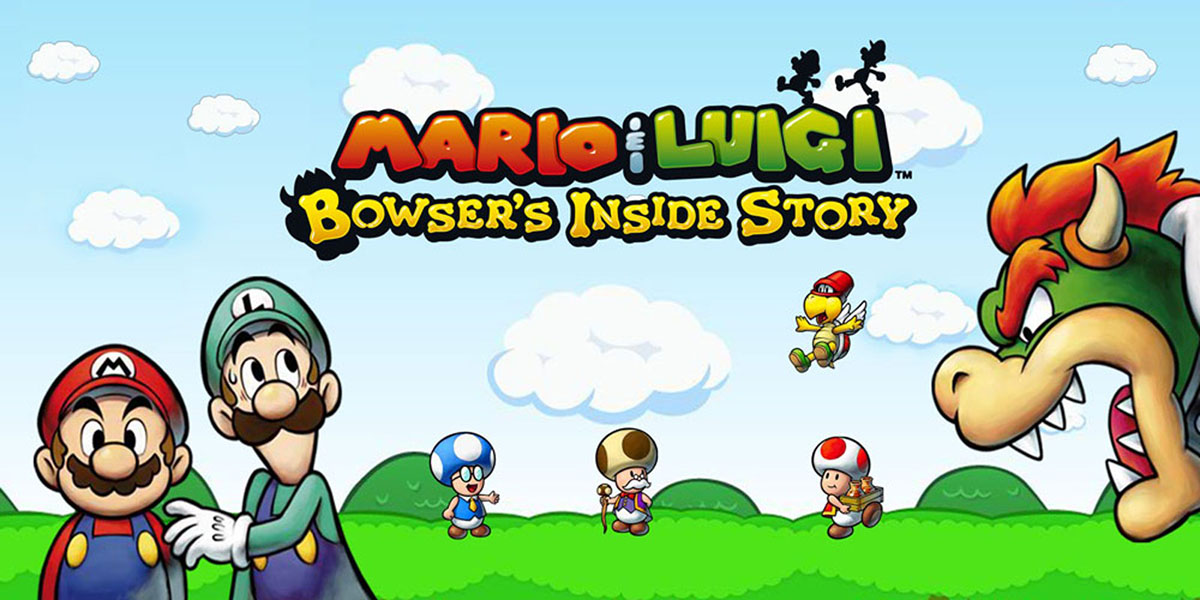George W. Bush was right to point out that civil society should play an increasingly important role in the United States today. However, his vision of a “strong and active” federal government involving itself in the lives of Americans, even if indirectly, is worrisome from a conservative point of view. This kind of philosophy is similar to that of the New Democrats. Therefore, it is important to note that Bush himself is a neo-conservative and not a disciple of Burkean classical conservatism – a distinction perhaps not emphasized enough in the media.
| Suffering must be understood before efforts to alleviate it can be undertaken. Unreflective giving is bound to be futile. |
The welfare state and civil society cannot coexist together. To see this one must understand what the word “compassion” truly means. It is not compassionate to provide for the poor in such a way that they become dependent on the state. Helping the less fortunate requires personal involvement with another’s struggles. Suffering must be understood before efforts to alleviate it can be undertaken. Unreflective giving is bound to be futile. Institutions of civil society are closer to the people and are more likely than the government to grasp the true understanding of compassion.
People’s mentality, wrong choices, irresponsibility and so on contribute to higher unemployment. There are, however, victims of accidents and unfortunate circumstances, who genuinely need help. No one should argue against distinctions between the two groups, since this differentiation must be made in order to avoid creating a large underclass of dependency. Local non-governmental organizations, which stand face-to-face with regional problems, understand what real compassion is and recognize those who need assistance.
On the other hand, even if the government offers help to the needy through various civil society institutions, the likelihood for the federal funding conditions to be misguided is larger.
The distant authorities are not so much in touch with the local realities and this creates a hampering effect: ingenuity and flexibility wither.
Moreover, if the federal government commits a mistake, the negative effect is felt by more than just a handful of people. It is much better for NGOs to operate based on private funding, which can be encouraged by the authorities through well-crafted policies.
The form of compassionate conservatism advocated by the Bush Administration worsened America’s economic stability. This generosity came at a time of war and economic recovery after a painful recession. According to The Economist, the budget deficit has recently fallen only thanks to higher tax revenues, which grew for the first time under this president’s cadency.
At the moment, the economy is expanding and President Bush may not be getting enough credit for that, but fiscal discipline still is lacking. This creates a dangerous imbalance. No government should cut taxes and increase spending at the same time. Worse still, according to the Congressional Budget Office, the White House’s budget projections are not realistic, since they do not take into account many probable future expenses, such as emergency spending related to the Hurricane Katrina disaster.
It might be a disappointing revelation to liberal-minded individuals that not all policies advocated by the Bush Administration are conservative. Right-of-center think tanks have expressed concerns about some of this president’s ideas. Strengthening civil society and dismantling the economically stifling welfare state in all its forms are necessary, but that is not what Bush is proposing.
Even John Maynard Keynes, the famous liberal economist, would be appalled at how his theories have been used to support increasingly bigger government. Before his death, he stated that economic performance would be undermined if government spending exceeded 25 percent of gross domestic product. Today, spending exceeds 30 percent in the U.S. Under Bush’s leadership those numbers went up even higher, so how is that conservative?
Wisniewski is a senior economics and Spanish major and a columnist for The Spectator.






